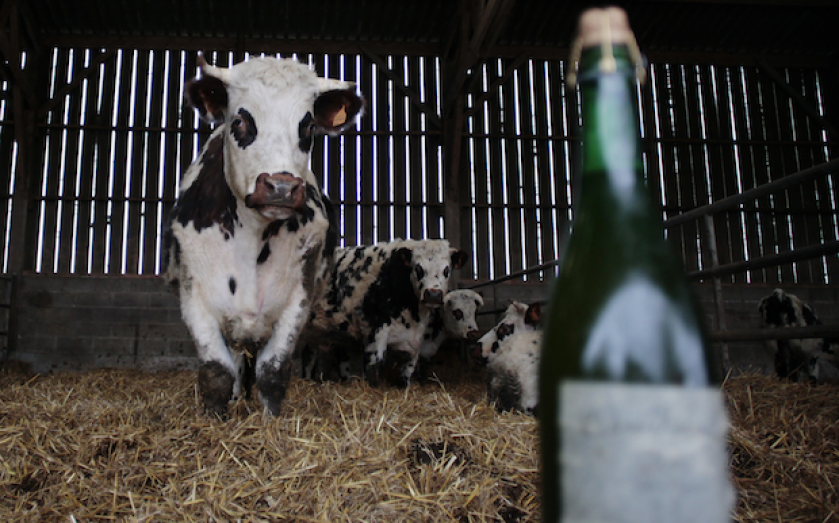Blame this policy not welfare reform for the rise in food banks

A host of clergymen have signed a letter demanding that David Cameron take action to tackle the cost of food.
Published in the Daily Mirror, the 27 Anglican bishops and 16 other clergy argued that the government's welfare reforms were to some extent responsible for the rapid rise of food banks in recent years.
We must, as a society, face up to the fact that over half of people using food banks have been put in that situation by cutbacks to and failures in the benefit system, whether it be payment delays or punitive sanctions.
The intervention comes in the wake of archbishop Vincent Nichols condemnation of the coalition's welfare reforms as a "disgrace."
However, the bishops' emphasis on welfare reform as a leading factor in the rise of food banks may be misplaced when compared to the cost of other government policies, such as the European Union's Common Agricultural Policy (CAP).
CAP provides an array of subsidies to European farmers as well as imposing draconian tariffs on foreign produce. On average European farmers derive more than a quarter of their income from state subsidies.
Director of the Adam Smith Institute Eamonn Butler said:
These tariff barriers, to which Britain has to sign up, impose a tax of between 0.1 per cent and a shocking 25 per cent on imported foodstuffs. This adds up to 32 per cent and an average of over 13 per cent to the cost of the food that Britain imports, according to most recent data from World Trade Organisation.
The UK is hit particularly hard by CAP as much of the country's food supply is imported.
As well as raising price of food CAP has given birth to a slew of perverse incentives. CAP gives unnecessary support to inefficient farms which have neither the funding or incentive to invest in their business.
Unlike their competitors in New Zealand or Australia, European farmers have little reason to adopt new technologies that will increase productivity and improve sustainability.
The abolition of CAP would not only lower food prices but could spark much needed innovation in the European agricultural sector. When New Zealand abolished its system of farm subsidies the national sheep flock was cut by almost 50 per cent and the number of beef and sheep farms fell by roughly a third.
However, these changes were accompanied by productivity gains involving a 25 per cent increase in lambing rates and a similar percentage rise in carcass weights.
The dairy sector suffered a 17 per cent decline but this was more than offset by a rise in the average herd size from 150 to 270 cows and by higher yields.